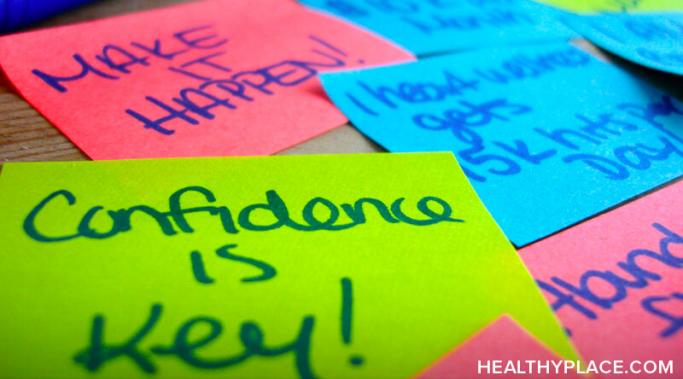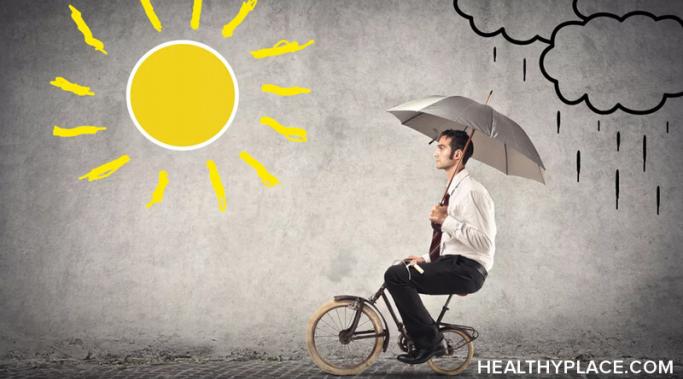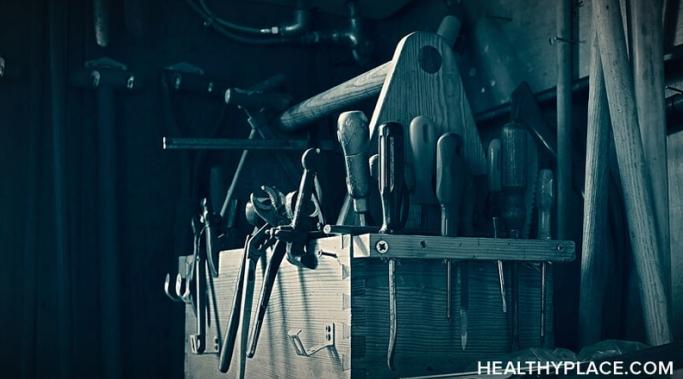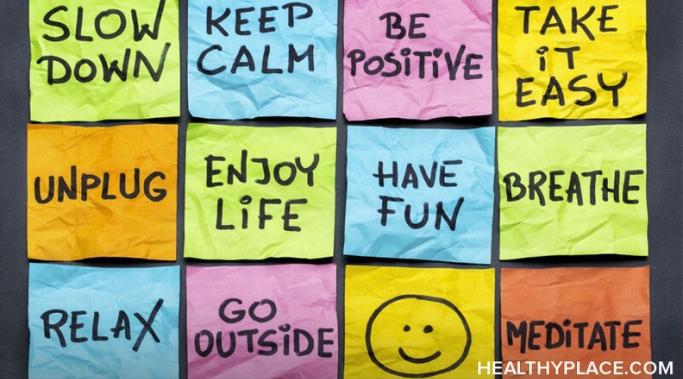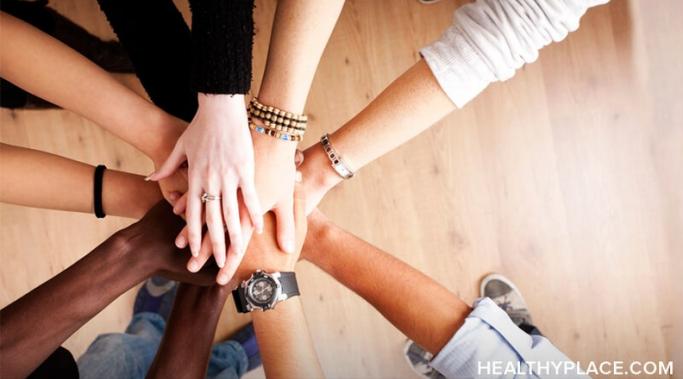Setting boundaries is not commonly recognized to boost self-esteem, but I have found that it does. Self-esteem is integral to helping us traverse life. Navigating life with mental health challenges can be like treading water in a stormy sea. I have faced my share of turbulent waters, struggling to maintain my self-esteem amidst the chaos of emotions and thoughts. One practice that has proudly transformed my journey is setting personal boundaries. It's not just a skill; it's an act of self-love and empowerment. Setting boundaries can enhance self-esteem.
Insecurity
For those navigating mental health conditions, the journey toward self-love is not only crucial but can serve as a powerful catalyst for improved mental wellbeing. This Valentine's Day, let's shift the focus inward and explore the transformative practice of self-love, highlighting the empowering act of taking yourself on a date.
Mindful observation can help you in your daily life. I have discovered a profound source of resilience. This is the ability to break free from the cycle of event-reaction. Too often, we find ourselves caught in the web of immediate responses, whether to subjective experiences or external occurrences. What if there was a third option, a path less traveled, that could grant us the power to enhance our self-esteem? For me, that third option is mindful observation.
I've long been told to let go of the things I can't control, and I always wondered how. It's not like I can flip a switch and suddenly not stress over the various external circumstances I'm dealing with at the time. For years I tried to tell myself that I would just not care about that stuff. It didn't work very well.
I've been writing for HealthyPlace for about six months now. I've written numerous articles about dealing with low self-esteem and how to improve it. However, I've been thinking about my process and realized that while I may be able to identify low self-esteem, that doesn't mean everyone can. Today, I'd like to take a different approach to identifying low self-esteem. I'll write this post from my viewpoint as I figure out my self-esteem.
Over the last couple of weeks, I've been pondering what emotional attributes can be signs of low self-esteem. Recently I've realized that I tend to be oversensitive and quick to anger when experiencing low self-esteem. Today, I'd like to talk about how to remedy that.
I've been working through ways to build better self-esteem. I've laid out how long of a journey it can be. Like any long journey, the feeling of being stuck will pop up now and then. I've started to feel stuck over the last couple of weeks. Today, I'll talk about managing that feeling and getting back on track by resetting your perspective.
The journey to better self-esteem is a lengthy but empowering process. In my experience, understanding my own identity was a great kick-starter for that process. I will continue to work through how that helped me. Today, I'll cover the second step: sharing your identity with others.
Someone commented on a recent blog post about asking for help with low self-esteem and said they could not find support from their friends and family. So today, I will share three resources that helped support me in times when my self-esteem was low.
Poor self-esteem can make it difficult to ask for help. You may feel that you are not worthy of other people's time and assistance. Maybe it's because you are not in the habit of prioritizing yourself and keep pushing your needs aside. Whatever the reason behind the difficulty, everyone needs help sometimes, and practicing how to ask for help is a good exercise to build self-esteem.
